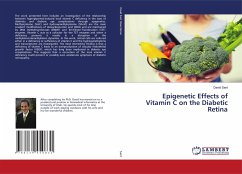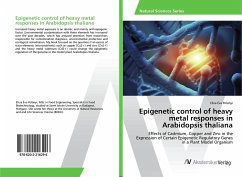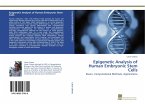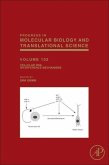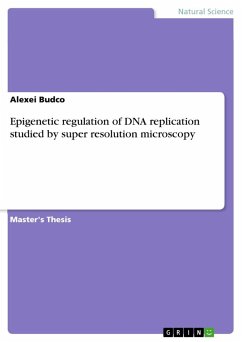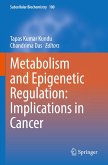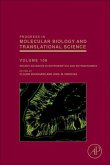The work presented here includes an investigation of the relationship between hyperglycemia-induced local vitamin C deficiency in the eyes of diabetics and diabetic eye complications through epigenetics. Methylcytosine (5mC) and hydroxymethylcytosine (5hmC) are the main covalent modifications of deoxyribonucleic acid (DNA) and are maintained by DNA methyltransferases (DNMT) and Ten-Eleven-Translocation (TET) enzymes. Vitamin C acts as a cofactor for the TET enzymes and when a deficiency presents it results in a disruption of the methylation/demethylation dynamics. In this work, retinal cells are cultured either in a deficiency or sufficiency of vitamin C and the hydroxymethylome and transcriptome are investigated. The most interesting finding is that a deficiency of vitamin C leads to an overproduction of vascular endothelial growth factor (VEGF), which has long been implicated in diabetic eye complications. This suggests that a correction of the local vitamin C deficiency could prevent or possibly even ameliorate symptoms of diabetic retinopathy.

